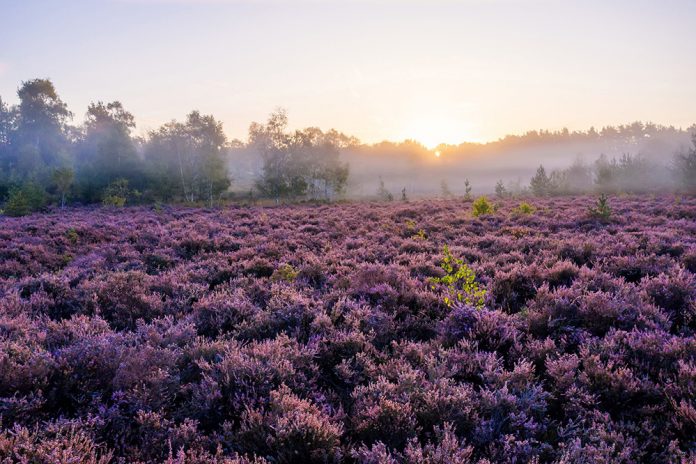With COP26 just around the corner, the UK’s National Parks and global impact firm Palladium have announced a number of pioneering deals for nature restoration projects in the UK, under the name Revere.
Revere aims to restore natural habitats at scale with private capita, designing projects with National Parks teams and land managers.
The UK has 15 National Parks spread through England, Wales and Scotland. They contain almost a quarter (24%) of the UK’s peatland, offering a significant opportunity for carbon storage. But the UK’s peatlands are mostly degraded with just one fifth remaining in a near-natural state.
Raising private capital to fund the restoration, initial private sector funders include Santander UK, Gatwick Airport, Capita and Southern Co-op, plus additional investment from the National Lottery and DEFRA.
The projects generate revenue through the sale of ecosystem services, creating new income streams for farmers and landowners seeking to improve the quality of landscapes and support biodiversity.
Revere will fund several pilots, including:
- The restoration of degraded peatland in the Cairngorms National Park in Scotland which will generate revenues for landowners as well as creating verified carbon credits, with the support of Santander UK.
- The conversion of hundreds of acres of arable farmland in the South Downs National Park to woodland pasture. The restoration will be funded through the sale of carbon, biodiversity and water quality outcomes and is being supported by Gatwick and Southern Co-op.
- Farmers in the Esk Valley in the North Yorkshire Moors National Park are working to restore habitats and deliver natural flood defence improvements.
- In the New Forest National Park, arable land is being restored to woodland to generate nitrate reduction and improvements in biodiversity.
Jose Maria Ortiz, Palladium managing director, said: “Taking effective action on climate change is urgent. In the short term, the answer is nature, while in the long term we need innovation. In both cases, investment at scale is necessary. There isn’t time for small-scale interventions anymore. The time is now for bold investments in nature with potential risks, because the alternative is continuing to destroy our planet.”



